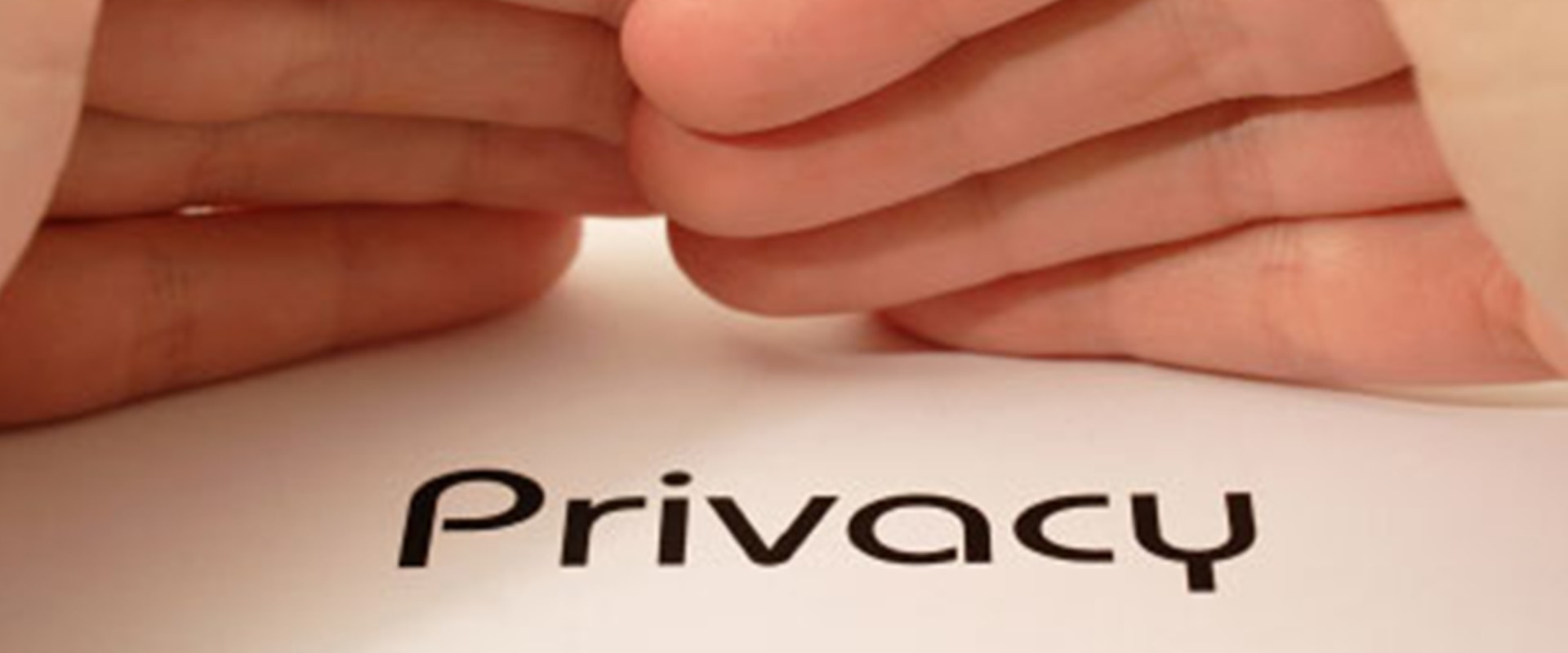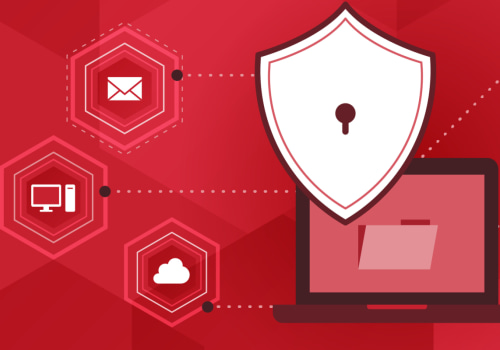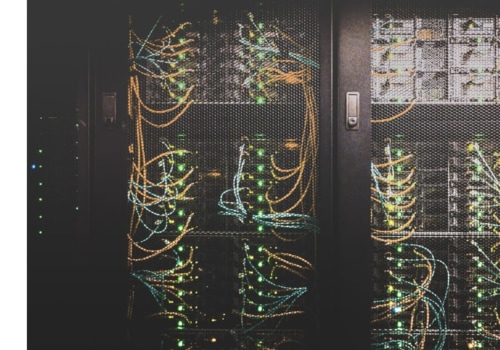The HIPAA Privacy Rule is a federal regulation that establishes standards for protecting the privacy and security of the protected health information (PHI) of patients. It requires organizations to maintain and provide access to information in a secure, confidential manner. Compliance with the HIPAA Privacy Rule is essential for any organization that deals with sensitive health information. This article provides a comprehensive overview of HIPAA Privacy Rule compliance and its objectives.
When it comes to HIPAA compliance, there are numerous considerations, including the implementation of policies and procedures that ensure the confidentiality, integrity, and availability of PHI. The HIPAA Privacy Rule also requires organizations to provide appropriate training for staff and regular monitoring of compliance with the Privacy Rule requirements. Additionally, organizations must ensure that any third-party vendors they engage are also compliant with the HIPAA Privacy Rule. This article will outline the key elements of HIPAA Privacy Rule compliance, as well as potential penalties for non-compliance.
By understanding the importance of HIPAA Privacy Rule compliance, organizations can better protect their patients' sensitive information and protect themselves from costly penalties. The Health Insurance Portability and Accountability Act (HIPAA) Privacy Rule is a federal regulation that protects the privacy of individuals' health information. It sets out standards for the protection of health information and outlines how this information must be handled. This article provides an overview of HIPAA Privacy Rule compliance and the objectives associated with it. The HIPAA Privacy Rule applies to all healthcare providers, health plans, and other covered entities.
It requires them to develop and implement policies and procedures to ensure the privacy of protected health information (PHI). The Rule also outlines the rights of individuals to access and control their health information. Covered entities must comply with the Rule by implementing appropriate safeguards to protect PHI, as well as training staff on how to handle PHI in accordance with the Rule. Penalties for non-compliance can include civil and criminal penalties. In order to ensure compliance with the HIPAA Privacy Rule, healthcare providers, health plans, and other covered entities must develop policies and procedures that ensure the security and privacy of PHI.
They must also train staff on how to handle PHI in accordance with the Rule. Additionally, they should audit their compliance program regularly to identify any areas where they may be falling short. Third-party vendors can also play an important role in ensuring HIPAA compliance by providing services such as security assessments and risk management services. Data breaches can have serious implications for HIPAA compliance. To prevent data breaches, covered entities should use appropriate security measures to protect PHI.
This includes encrypting sensitive data, implementing access controls, limiting access to PHI, and conducting regular security audits. Additionally, organizations should implement policies and procedures for responding to data breaches, including identifying affected individuals, notifying them of the breach, and taking steps to mitigate any potential harm. In conclusion, the HIPAA Privacy Rule is an important federal regulation that sets out standards for protecting individuals' health information. Healthcare providers, health plans, and other covered entities must comply with the Rule by implementing policies and procedures that ensure the privacy of PHI and training staff on how to handle PHI in accordance with the Rule. Furthermore, organizations should also audit their compliance program regularly and use appropriate security measures to prevent data breaches.
Compliance with the HIPAA Privacy Rule is essential for protecting individuals' health information.
What Is the HIPAA Privacy Rule?
The Health Insurance Portability and Accountability Act (HIPAA) Privacy Rule is a federal regulation that protects the privacy of individuals' health information. This rule is designed to ensure that all medical records, health care transactions, and other sensitive information are kept secure. The HIPAA Privacy Rule applies to healthcare providers, health plans, healthcare clearinghouses, and business associates who handle protected health information (PHI).The purpose of the HIPAA Privacy Rule is to give individuals the right to access their health information, and to control how it is used and disclosed. The HIPAA Privacy Rule also sets limits on how organizations can use and disclose PHI, and establishes procedures for protecting individual's rights to privacy.The rule also requires organizations to implement administrative, physical, and technical safeguards to protect PHI. The scope of the HIPAA Privacy Rule includes the definition of PHI, which includes any information in an individual's medical record that can be used to identify the individual. This includes names, addresses, social security numbers, dates of birth, phone numbers, medical diagnoses, and other information related to health care services. The rule also covers the use of PHI for marketing purposes, as well as for research and fundraising activities.
Implementing HIPAA Compliance
The Health Insurance Portability and Accountability Act (HIPAA) Privacy Rule is a critical regulation that protects the privacy of individuals' health information. To comply with this regulation, organizations must develop policies and procedures, train employees, and audit and monitor compliance.Implementing a HIPAA compliance program can seem daunting, but there are steps organizations can take to ensure they are compliant.
Develop Policies and Procedures
The first step in implementing a HIPAA compliance program is to develop policies and procedures that detail how health information is collected, stored, used, and shared. These policies should be comprehensive and easy to understand. They should also be regularly reviewed and updated as necessary.Train EmployeesIn order for a HIPAA compliance program to be effective, employees must be properly trained on the policies and procedures. This training should include an overview of the HIPAA Privacy Rule, as well as instructions on how to handle health information properly. Additionally, employees should be aware of the risks associated with unauthorized access or disclosure of health information, and the consequences for not following the policies and procedures.
Audit and Monitor Compliance
To ensure continued compliance with the HIPAA Privacy Rule, organizations should audit and monitor their compliance program on a regular basis.This includes regularly reviewing policies and procedures to ensure they are up-to-date and properly implemented. Additionally, organizations should conduct periodic audits to verify that employees are following the policies and procedures.
Individual Rights Under the HIPAA Privacy Rule
The Health Insurance Portability and Accountability Act (HIPAA) Privacy Rule provides individuals with certain rights related to their protected health information (PHI). These include the right to access their PHI, the right to request amendments to their PHI, and the right to request an accounting of disclosures.Individuals have the right to access their PHI and receive a copy of it in an electronic or paper format. This includes access to any medical records, laboratory results, and other health information in a designated record set maintained by a covered entity. The individual can also request that the PHI be provided in a format that is easy for them to understand. Individuals also have the right to request amendments to their PHI that they believe is incorrect or incomplete.
The individual must provide a written statement to the covered entity outlining why they believe the PHI should be amended. The covered entity must then review the request and either accept or deny it within 60 days. If the amendment is accepted, the covered entity must make appropriate changes and notify the individual in writing. Individuals also have the right to request an accounting of disclosures of their PHI made by a covered entity.
This includes a list of who has accessed the individual's PHI and when it was accessed. This list must include all disclosures made over the past six years, excluding those made for treatment, payment, and health care operations.
Penalties for Non-Compliance
The Health Insurance Portability and Accountability Act (HIPAA) Privacy Rule imposes severe penalties for non-compliance. These penalties can be both civil and criminal in nature, and are designed to ensure individuals are able to protect their health information from unauthorized disclosure.Civil penalties can be imposed in cases where there is a clear violation of the HIPAA Privacy Rule. These penalties can range from $100 to $50,000 per violation, depending on the severity of the violation and the number of violations that occurred. For multiple violations of the same provision, the maximum penalty is capped at $1.5 million per year. Criminal penalties are also imposed for violations of the HIPAA Privacy Rule.
These can include fines of up to $250,000 and imprisonment of up to 10 years. Criminal penalties may be imposed if an individual knowingly discloses protected health information without authorization, or if they obtain protected health information for personal gain or malicious harm. In addition to these penalties, HIPAA non-compliance can also result in sanctions from regulatory bodies such as the Office for Civil Rights (OCR). These sanctions can include corrective action plans, voluntary compliance agreements, and monitoring programs.
It is important for individuals and organizations to understand their obligations under the HIPAA Privacy Rule and to ensure they are compliant with the law. Failure to comply with the HIPAA Privacy Rule can result in serious financial and criminal penalties.
Third-Party Vendors
Third-party vendors can be used to ensure compliance with the HIPAA Privacy Rule by providing organizations with the necessary tools and resources to protect the security and privacy of individuals’ health information. These vendors can help organizations comply with the Privacy Rule by providing expertise in areas such as risk analysis, privacy and security policies, and access control measures.Additionally, third-party vendors can provide resources such as software and hardware for data encryption, authentication, and access control. By taking advantage of these services, organizations can ensure that their systems are compliant with the HIPAA Privacy Rule. To ensure that third-party vendors are providing the necessary resources to help organizations comply with the HIPAA Privacy Rule, organizations should conduct due diligence when selecting a vendor. Organizations should assess the vendor’s ability to provide the necessary resources to meet their compliance objectives. Additionally, organizations should review the vendor’s privacy policy to ensure that it is compliant with the HIPAA Privacy Rule.
Finally, organizations should consider the vendor’s track record of compliance and customer service. By taking the time to select a third-party vendor that can provide the necessary resources to help organizations comply with the HIPAA Privacy Rule, organizations can save time and money while still maintaining compliance.
Data Breaches and HIPAA Compliance
Data breaches can have an enormous impact on the security of individuals' health information, as well as the compliance of a HIPAA-covered entity. A data breach is any unauthorized access to or disclosure of protected health information (PHI), which can include patient names, addresses, Social Security numbers, and other confidential information. When a data breach occurs, it is important for covered entities to take steps to ensure that the breach does not affect their HIPAA compliance. To prevent data breaches and maintain HIPAA compliance, covered entities should implement appropriate technical, physical, and administrative safeguards.Technical safeguards include measures such as encryption and access control, while physical safeguards involve controlling access to physical locations. Administrative safeguards involve policies and procedures for managing PHI, such as training and incident response plans. Additionally, covered entities should conduct regular risk assessments to identify potential areas of risk and take steps to reduce those risks. Covered entities should also ensure that their employees are properly trained on how to handle PHI.
Employees should understand the importance of protecting PHI from unauthorized access or disclosure and be aware of any potential risks associated with handling PHI. Employees should be aware of potential threats to the security of PHI and take steps to protect it from potential threats. In addition to implementing safeguards, covered entities should also be prepared for a data breach. A data breach response plan should be in place that outlines how the organization will respond to a breach, including how it will notify affected individuals and authorities.
The response plan should also include procedures for remediation efforts and the steps that will be taken to prevent similar incidents in the future.
Requirements of Covered Entities
Under the HIPAA Privacy Rule, covered entities are required to protect individuals' Protected Health Information (PHI). This includes safeguards for PHI in all its forms, including physical, electronic, and oral. Covered entities must also provide individuals with access to their PHI and limit uses and disclosures of PHI to those that are permitted by the Rule. It is important for covered entities to understand and comply with the HIPAA Privacy Rule.Covered entities must take necessary steps to ensure they are following the requirements set forth by the Rule. This includes implementing administrative, technical, and physical safeguards to protect PHI, providing individuals with access to their PHI, and limiting uses and disclosures of PHI. To comply with the HIPAA Privacy Rule, covered entities must implement administrative safeguards to protect PHI. These safeguards include developing policies and procedures for using and disclosing PHI; providing training for employees on how to use and disclose PHI; and designating a privacy officer to oversee compliance with the Rule. Covered entities must also implement technical safeguards to protect PHI.
These safeguards include encrypting electronic PHI; using firewalls and antivirus software to protect against unauthorized access; and using authentication systems to verify user identities. Finally, covered entities must implement physical safeguards to protect PHI. These safeguards include restricting access to areas where PHI is stored; using locks and alarms to secure PHI; and disposing of PHI securely when it is no longer needed. In addition to protecting PHI, covered entities must provide individuals with access to their PHI upon request. Covered entities must respond to requests for access within 30 days of receiving the request.
They must also provide individuals with an accounting of any uses or disclosures of their PHI. Covered entities must also limit uses and disclosures of PHI to those that are permitted by the Rule. This includes only using or disclosing PHI for treatment, payment, or healthcare operations; obtaining individuals' authorization before sharing their information with third parties; and ensuring that business associates comply with the HIPAA Privacy Rule. The Health Insurance Portability and Accountability Act (HIPAA) Privacy Rule is a critically important federal regulation that protects the privacy of individuals' health information. This article has provided an overview of HIPAA Privacy Rule compliance and the objectives associated with it. It is essential for organizations to comply with the HIPAA Privacy Rule in order to protect individuals' health information.
Covered entities must meet the requirements of the HIPAA Privacy Rule, and individuals have certain rights under the rule. Non-compliance with the HIPAA Privacy Rule can result in significant penalties. Organizations should implement appropriate policies and procedures for HIPAA compliance and must ensure that third-party vendors comply with HIPAA as well. Additionally, organizations must respond appropriately to data breaches in order to maintain HIPAA compliance.
We encourage readers to take action on what they have learned from this comprehensive overview of HIPAA Privacy Rule compliance.








Leave Message